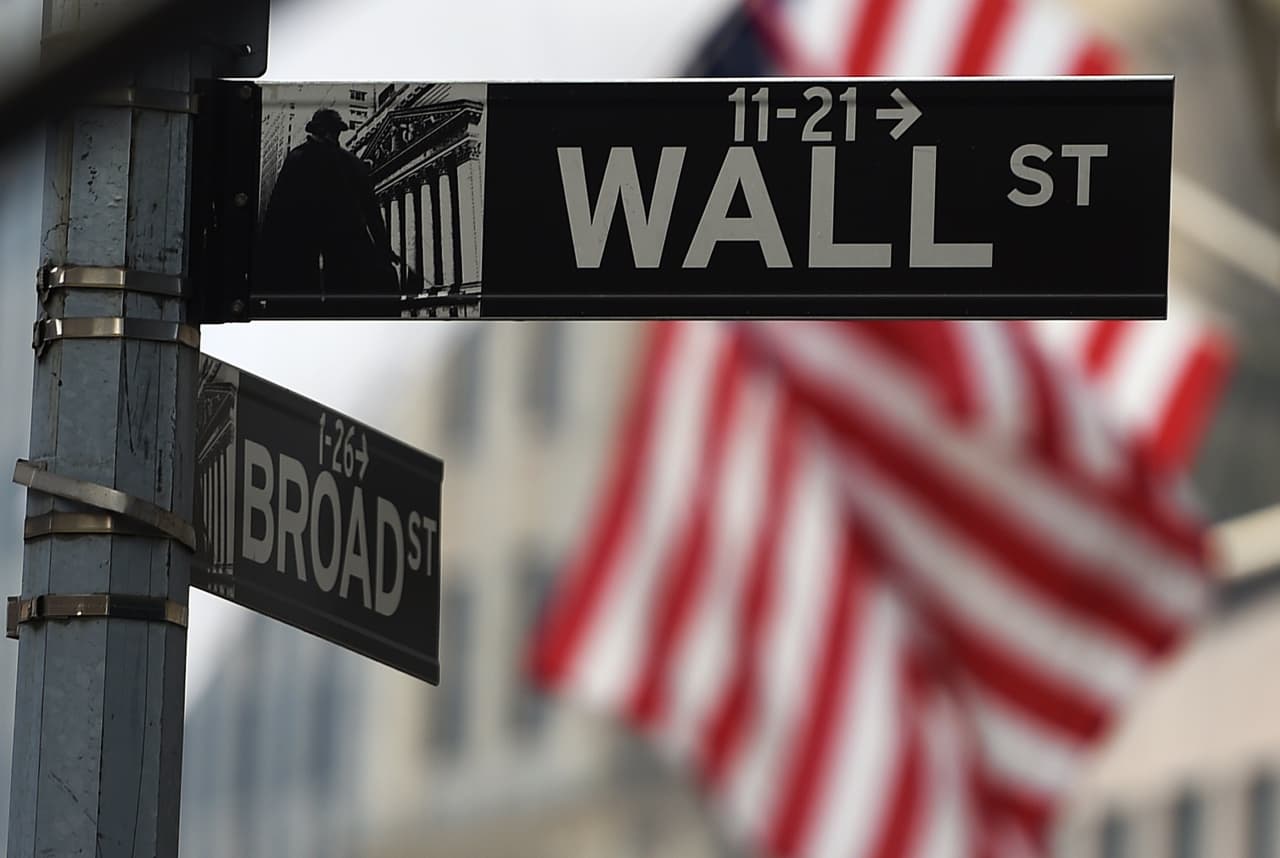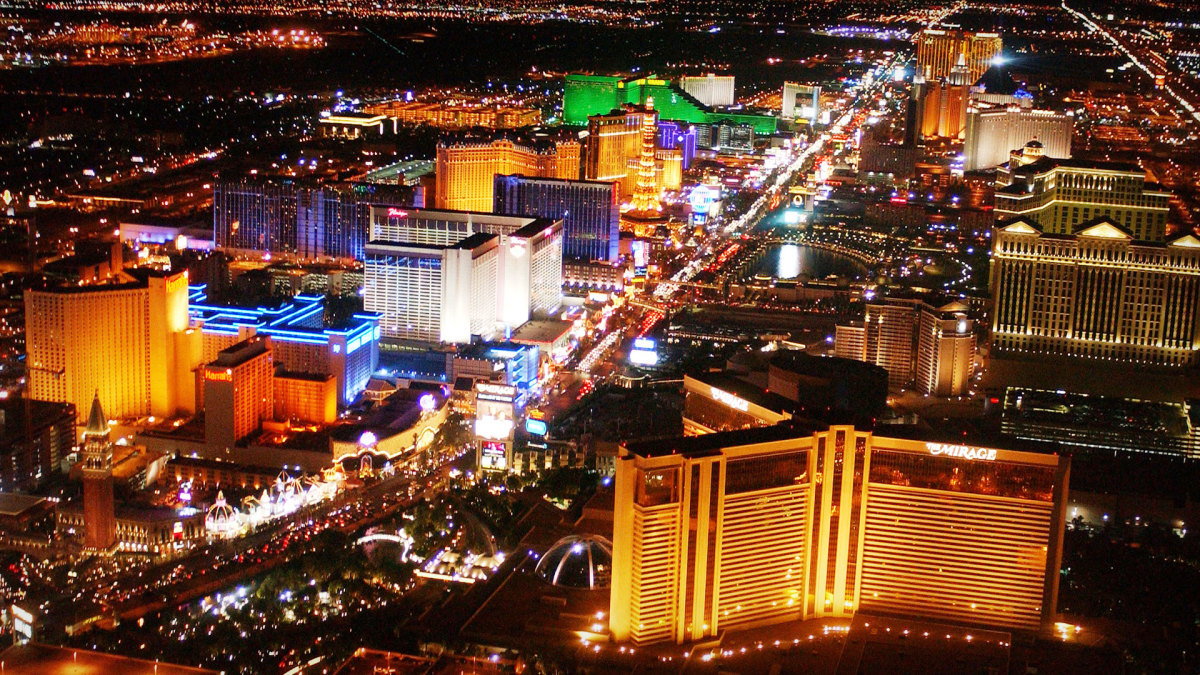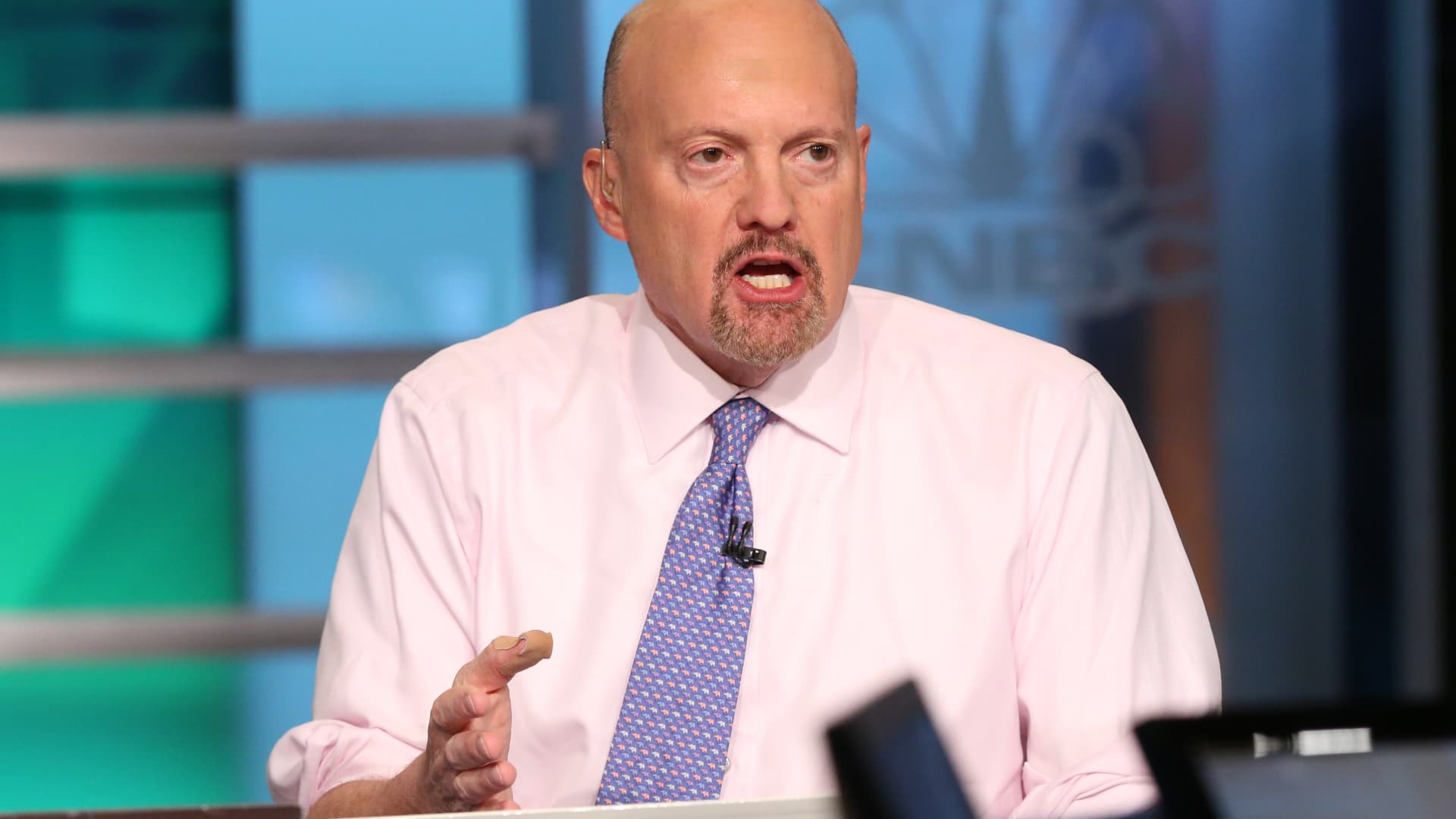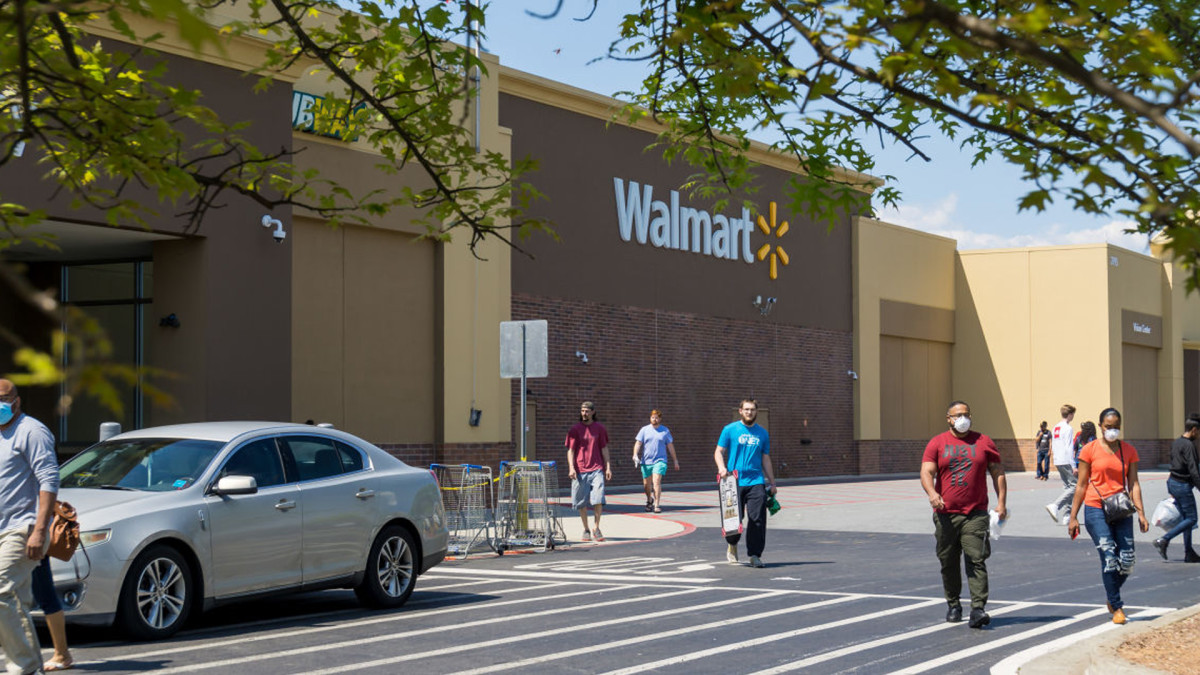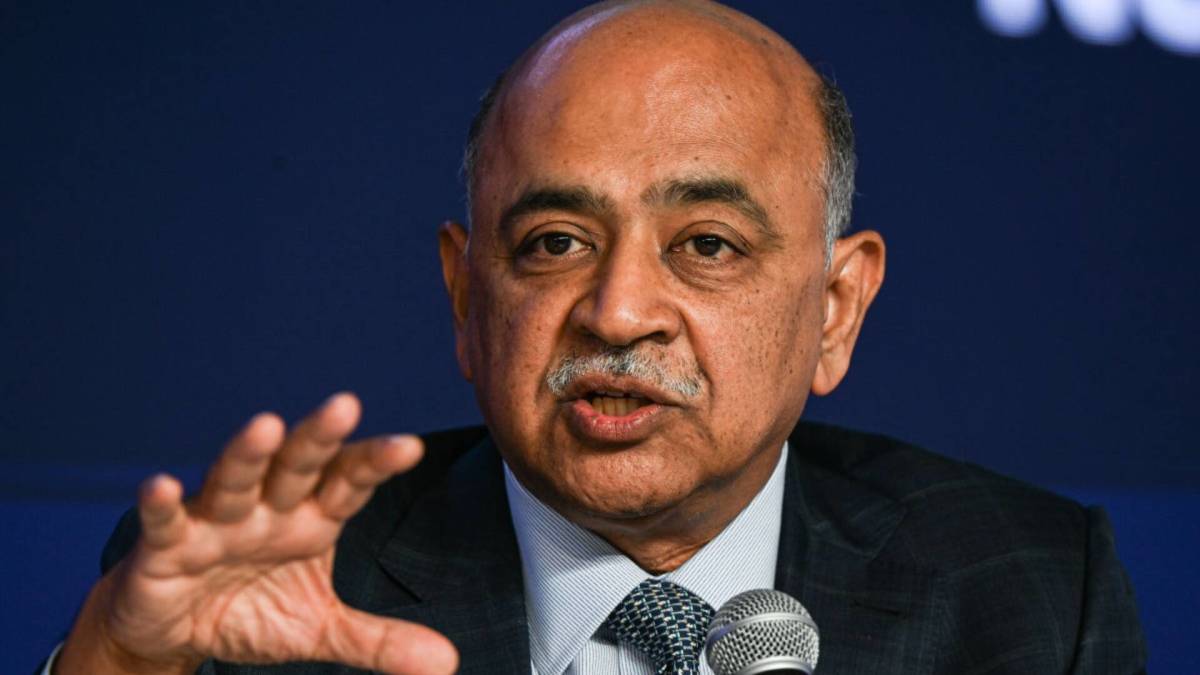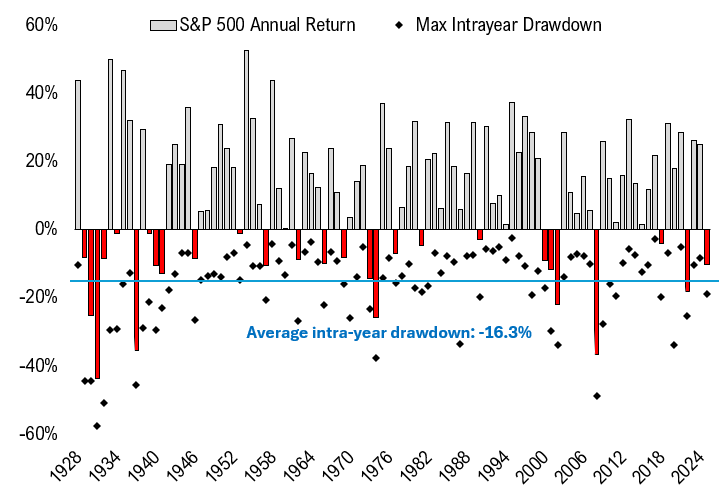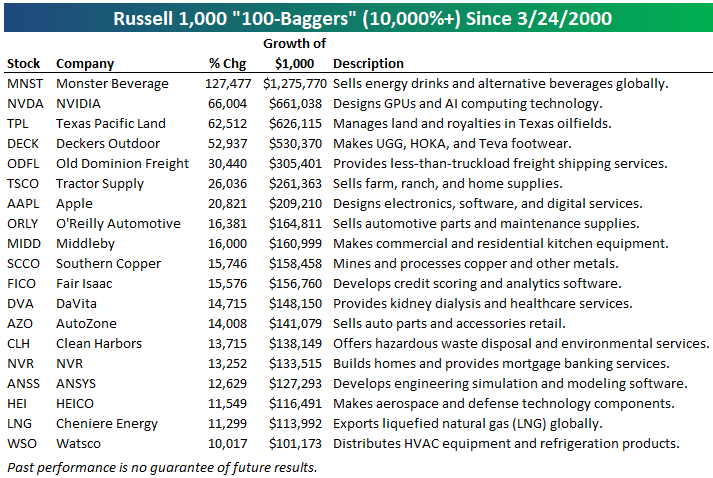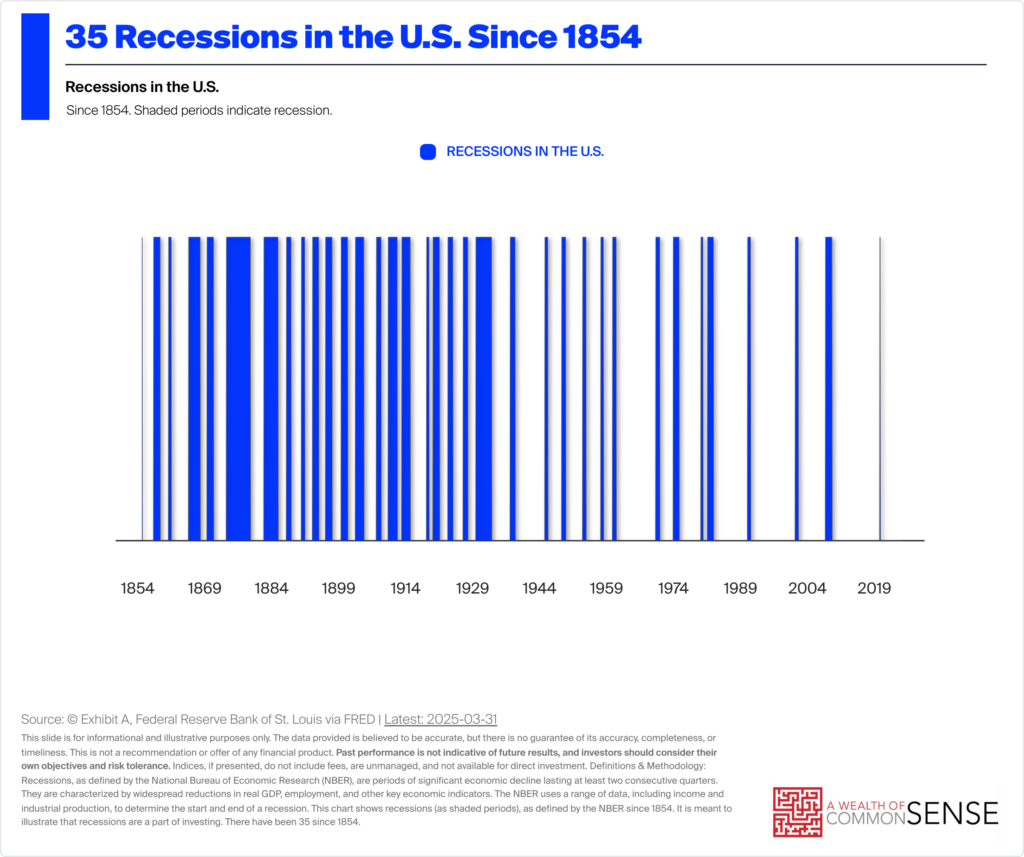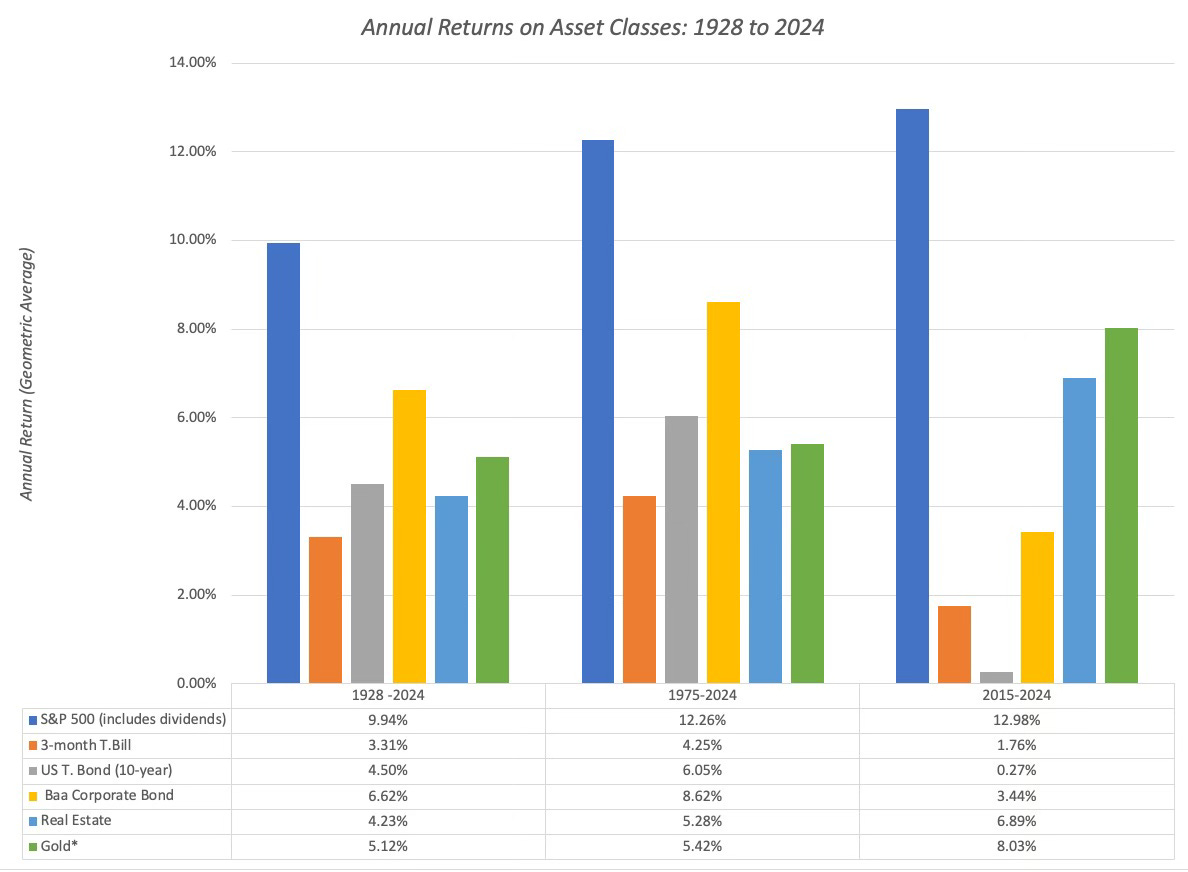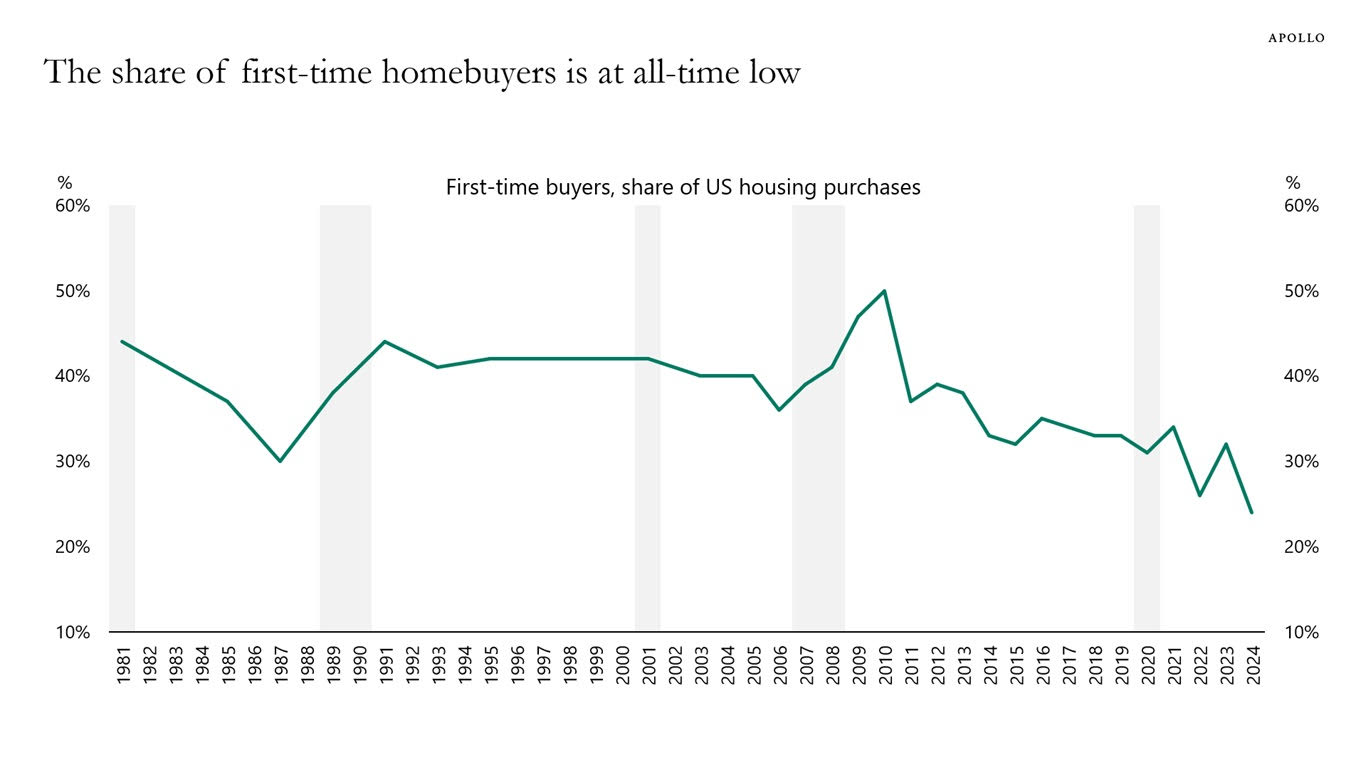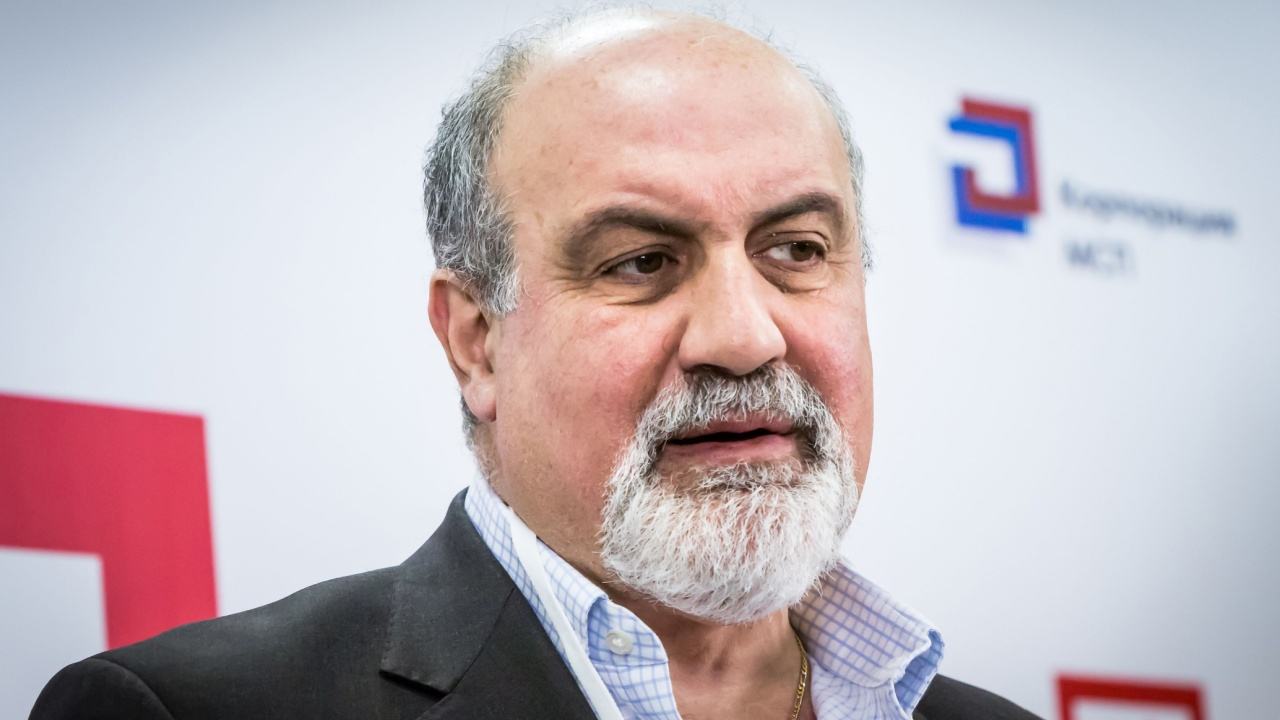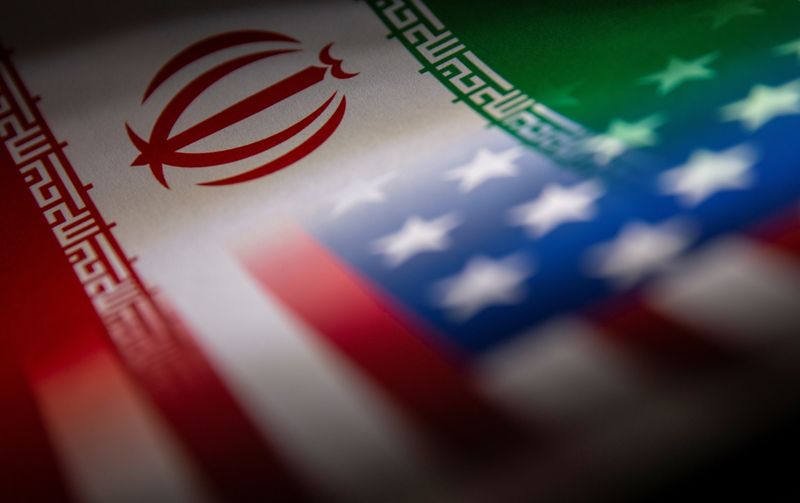Another discount retail chain closing down more stores
The popular destination is trimming down its fleet count amid rising costs.
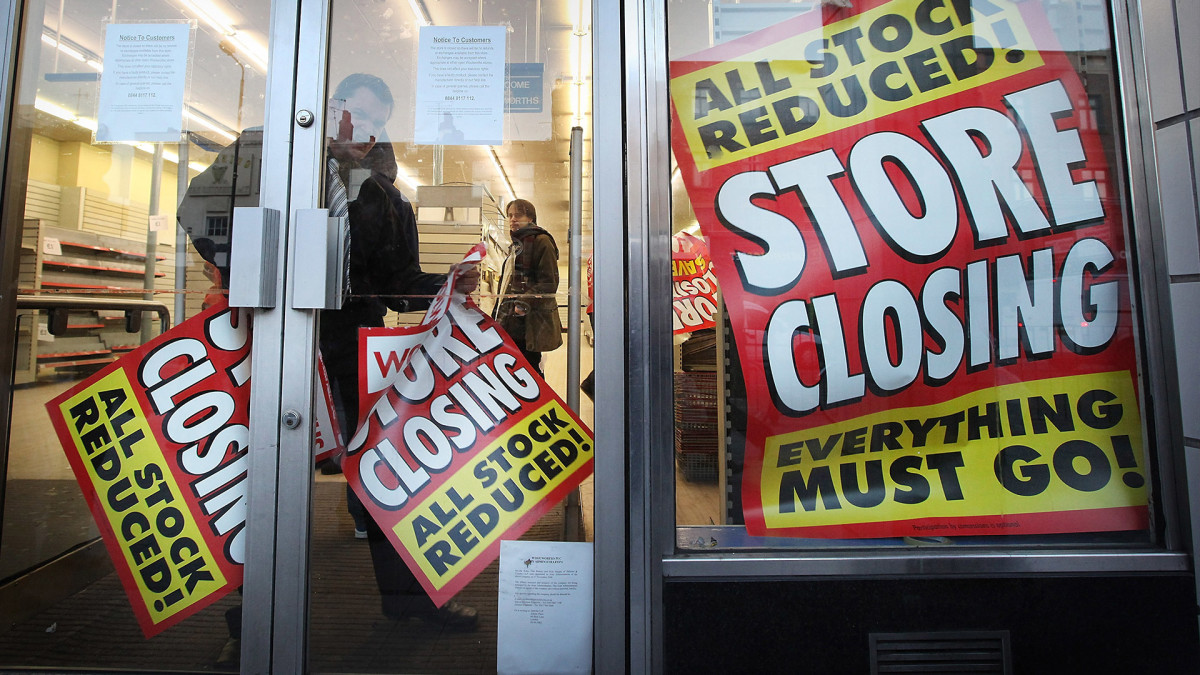
No matter where in the retail industry you look, chances are, you'll see some sort of struggle playing out.
For instance, in the upscale, luxury market, wide-sweeping tariffs are scaring both investors and shoppers.
Related: Massive sports retail chain suddenly closing 50 stores
Companies like LVMH have already hinted that costs might increase, since reducing prices for the sake of remaining competitive (like what Walmart or Amazon might do) just isn't a part of its brand identity.
"We try very hard to avoid this technique," LVMH CFO Cecile Cabanis said during the Q1 earnings call in mid-April.
But large-scale retailers, like the Walmarts and Amazons of the world, still have their fair share of issues.
Such massive operations must work to seamlessly manage large supply chains across the world.
And, increasingly, this means running into high tariffs when it comes to imported goods. But it's not as easy as passing costs off to consumers.
Instead, it means either renegotiating with suppliers, absorbing those costs, or even seeking inventory elsewhere if prices stand to get prohibitively high. Image source: Getty Images
Discount retailers have a unique problem
Discount retailers, though, have their own world of problems.
In some cases, a large retailer like Amazon might get away with passing costs off to its customers because shopping there is just too convenient to give up.
More closings:
- Iconic ice cream chain unexpectedly closing locations
- Struggling auto parts chain closing down all stores but one
- Another discount retailer closing over 1,000 stores
- Iconic retail chain closing nearly 500 stores
And luxury retailers might get away with price hikes, since their consumers tend to be a little more resistant to fluctuations.
But a discount retailer's customer base is highly sensitive to the whims of the market.
This means it's paramount for these retailers to keep prices as low as economically possible to maintain a robust customer base — and edge out competitors.
But this method can be at odds with profit; keep prices too low, and you run the risk of just breaking even — or losing money — on your inventory.
Another discount retailer closing stores
Sometimes, then, discount retailers are forced to trim their store count in order to shore up profits and ensure their fleets are running as efficiently as possible.
And these predicaments aren't constrained to the U.S.
Poundland, the U.K.-based discount retailer, has been closing stores recently as costs continue to rise across the U.K., making for an increasingly difficult operating environment.
Poundland will soon close its Clapham Junction train station location, near Battersea in London, on May 2.
Related: Another fashion retail chain suddenly closing stores, liquidating
The location had been in business for three years.
It will also close the Belle Vale Shopping Centre location in Liverpool on May 6.
Its parent company, Pepco Group, has been outspoken about the difficulties associated with running Poundland.
Pepco Group said in March that Poundland is "operating in an increasingly challenging U.K. retail landscape that is only intensifying," adding, "from April 2025, the U.K. Government's additional tax changes announced in the Budget will also add further pressure to Poundland's cost base."
Poundland closed over a dozen locations toward the end of 2024.
Pepco Group is also reportedly looking to sell the business.
"We are actively exploring separation options, including a potential sale, for the Poundland business," CEO Stephan Borchert said.
"We have started to work with advisers to support us with this process."

